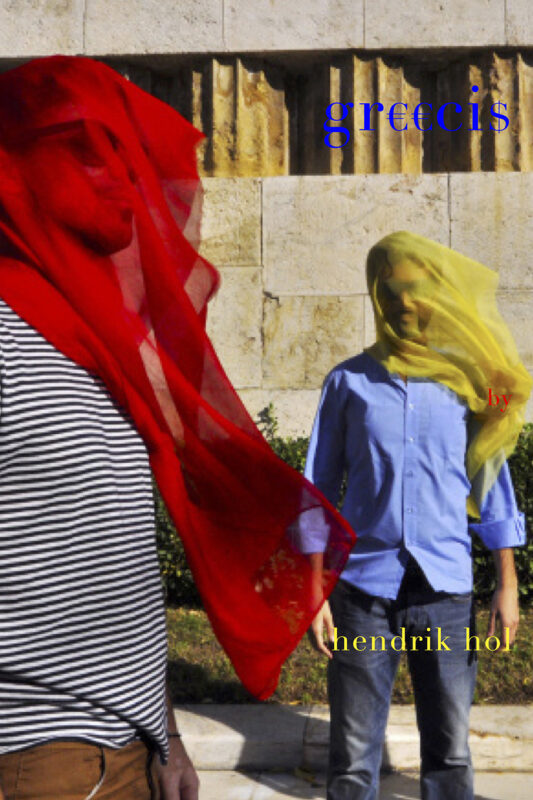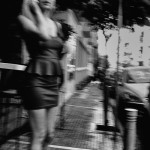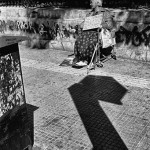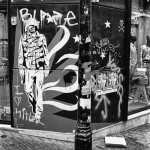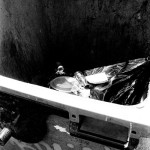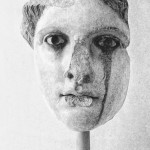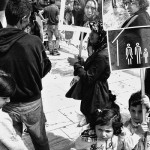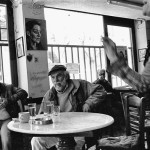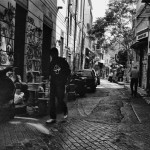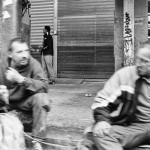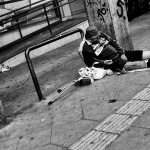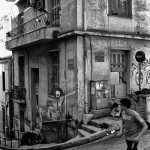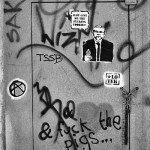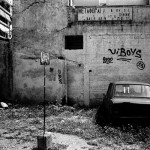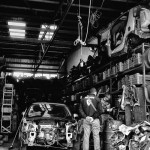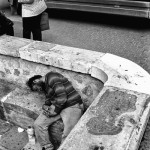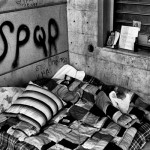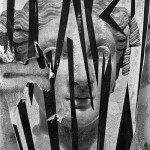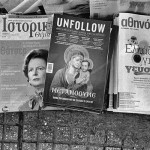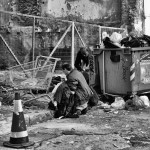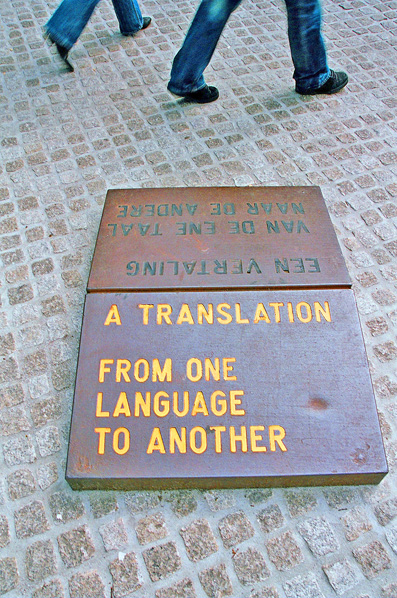greecis
In 2013 I spent time in Athens, Greece, to document the crisis in the oldest capital of Europe. This e-book is the result of my explorations through town. I met with many citizens and portrayed them within specific settings. Also I participated in the 4th Dialectical World Philosophical Forum and reflect on these meetings within the essays which I wrote for GR€€CI$.
“GR€€CI$” is my third photo book and first photo e-book only. It shows the negative aspects of the economic downfall and it also shows a lot of positivity as a counterpoint. It is intertwined in two parts: “unfollow” and “follow”; to show opposite forces at work within the oldest existing capital of Europe. Most of these photographs are made in 2013, with just a few exceptions. In the book I switch from B&W to Color to make the contrast between situations to unfollow and to follow more obvious and explicit, but beware I also twist it around. In such a way you do no longer know what belongs to which category. This is photographic poetry: dramatic, supple, surreal, funny, real.
159 Black and white and color photographs.
2 Essays: “unfollow- the state of crisis we’re in” and “follow – the state of uncrisis to get into” with a total of 59 pages. The essays write about the origins of our current economic -, social-, political – and environmental crisis and offer solutions as well.
1 Poem: “orpheus and eurydice”.
E-book including essays, English, 322 pages, PDF download only.
ISBN 978-90-812459-5-1. Published by hendrik hol amsterdam 2014.
Go to the webshop to buy the book
